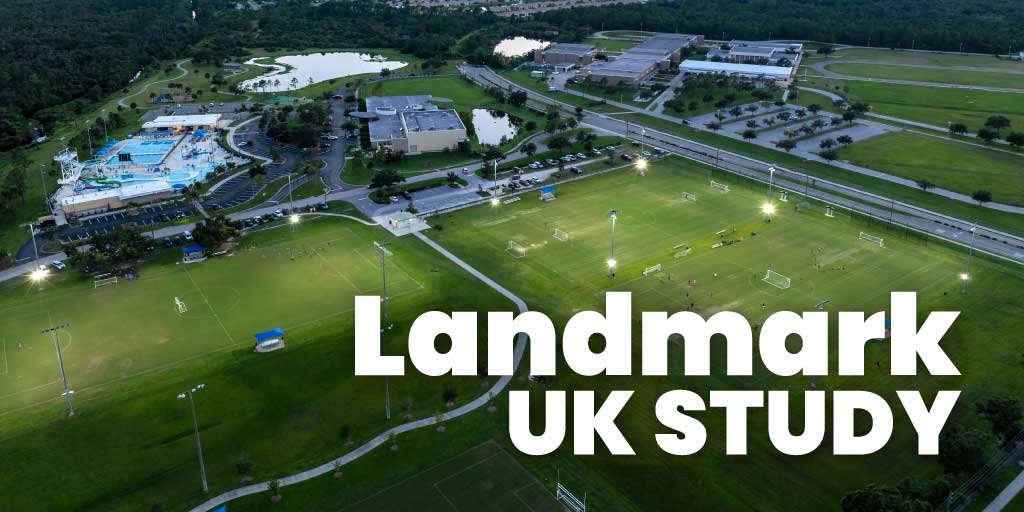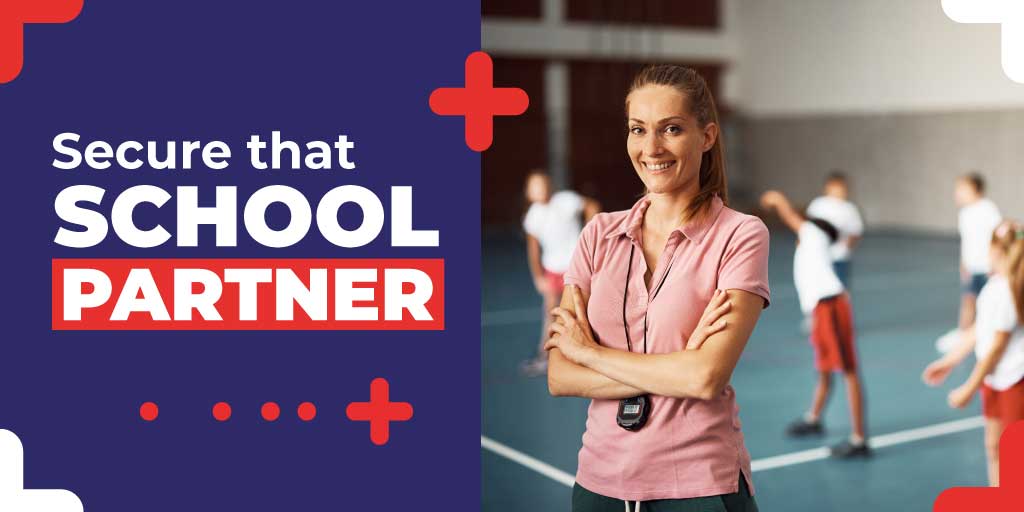Building strong school partnerships is essential to growing your business and retaining customers. It involves strategic planning, open communication, and mutual respect. Sports coaching companies can’t be unprofessional or unlikeable. The impression you make maintains and builds your brand identity.
As a sports coaching business, here are the key steps to foster effective collaborations with your school customers.
1. Understanding School Needs and Goals
Research and Engage: No school is the same so treat them like individual institutions and customers. Start on their website with their mission, goals, and current initiatives. Consider attending school board meetings or engaging in discussions with school administrators.
Identify Opportunities: Once you understand their needs, look at the areas where your goals align. This is key to winning school customers and also retaining their business. You could focus on improving educational outcomes and enhancing facilities or CPD for teaching staff. Schools are complex and ever-changing institutions. Continue your research to keep these school administrators happy and kids physically active!
2. Establishing Clear Communication Channels
Regular Meetings: Keep the lines of communication clear and open. Schedule regular meetings with school administrators to discuss ongoing projects and new opportunities. Your coaches are your on-site representatives too. Embrace full-service software designed to help staff record day-to-day problems and ad-hoc conversations when on-site.
Transparent Communication: All communication should be clear, timely and transparent. To keep track, use collaborative tools like shared calendars and project management software. Coordinate Sport can automate reports including registers and updates and keep records of conversations you’ve had so your team is always up-to-date.
3. Offering Resource and Support
Volunteering: Encourage your employees to be part of the school volunteer community. This could be mentoring, tutoring, or assisting with extracurricular events like fairs or charity events. It will improve customer satisfaction and encourage positive school customer testimonials and it’s a great way to advertise sports coaching and can ensure strong future recruitment.
Financial or Material Support: Depending on your resources, you can offer financial support or donations of materials the school might need, such as books, technology, or sports equipment. This can help you build a strong brand reputation for your business for years to come.
4. Developing Mutually Beneficial Programs
Educational Programs: Developing educational programs can improve your brand reputation to benefit both parties. Examples include internships, job shadowing or career days that expose students to real-world scenarios in sports coaching and beyond. In a competitive market, extra community engagement can set you apart from your competitors.
Community Events: Organize or support events that involve the community and enhance the school’s role within it, like health fairs, cultural festivals, or parent learning nights. Events can raise the impression of your service and you can record ad-hoc customer testimonials for your sports programs.
5. Monitoring and Evaluating Impact
Feedback Loops: Establish mechanisms to regularly assess the impact of the partnership on students, teachers, and the community. These can include surveys, interviews, and focus groups to help you retain school customers. Software with a user-friendly interface can help you assess and access this data to create actionable insights that improve and develop your sports program.
Adjustments and Improvements: Be willing to make changes based on feedback to improve the partnership and increase its effectiveness. Embrace technological solutions to record feedback, and employ data-driven strategies to enhance your sports program. This can make any changes efficient and comprehensive.
6. Celebrating Successes and Learning from Challenges
Recognition: Publicly acknowledge your external marketing to show the success of your school and other external partnerships. Recognise those partnerships through events, newsletters, or social media to reinforce positive outcomes and improve customer retention.
Learn and Adapt: Analyze challenges and failures to understand what didn’t work and why. This learning should be integrated into future planning. Empower your staff through their on-site views on school programs, their feedback could be essential in creating new solutions to existing problems.
7. Building Long-Term Relationships
Sustained Engagement: Aim for long-term relationships rather than short-term projects. This stability helps build trust and allows for deeper impacts and improved brand reputation for your sports coaching business.
Personal Connections: Encourage individuals within your organization to develop personal relationships with school staff, enhancing trust and cooperation. Coaches on-site are your first port-of-call for your business and are key to managing your brand reputation and retaining customers.
Building strong partnerships with schools requires commitment, flexibility, and a genuine interest in mutual success. It’s a dynamic process that evolves with the needs of the school and its partners.
From managing your scheduling, automating your feedback emails, or offering collaborative software, Coordinate Sport is your sports coaching software assistant!








